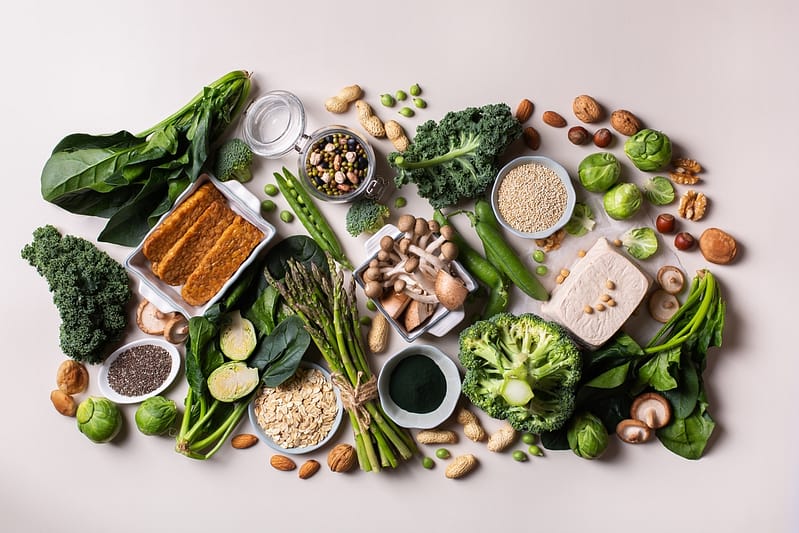It is important to choose the right food when it comes to you and your family’s health. Food nourishes us, but it can also harm us. Health is often a motivating factor for people who adopt a vegan diet. For many, adopting a plant-based diet is the first step on the road to a healthier way of living.
What is a vegan diet?
The vegan diet consists only of plant-based foods. This includes all vegetables, non-starchy and starchy; legumes, lentils, and peas; nuts, seeds, and nut butter; fruits, grains, and soy products such as tofu. When planned well, a vegan diet can meet the average person’s needs for protein and nutrients.
What are the benefits of being vegan?
Plant-based diets are associated with significant health benefits. Vegan diet followers tend to have lower body weights, lower blood pressure, and lower cholesterol. Vegan individuals also tend to consume more fiber, folate, vitamin C, vitamin E, potassium, and magnesium, and less saturated fat. Results from studies where plant-based diets have been used as interventions for weight loss and cardiovascular risks showed measurable improvements.
How to adopt a vegan diet?
The key to adopting a vegan diet is to start slow. Slowly eliminate meat, dairy, and egg products from your diet by adding more plant-based foods. The best way to introduce new foods into your diet without feeling like you’re missing out is to try a new plant-based recipe once or twice a week or to eat out at your local vegan restaurant.





